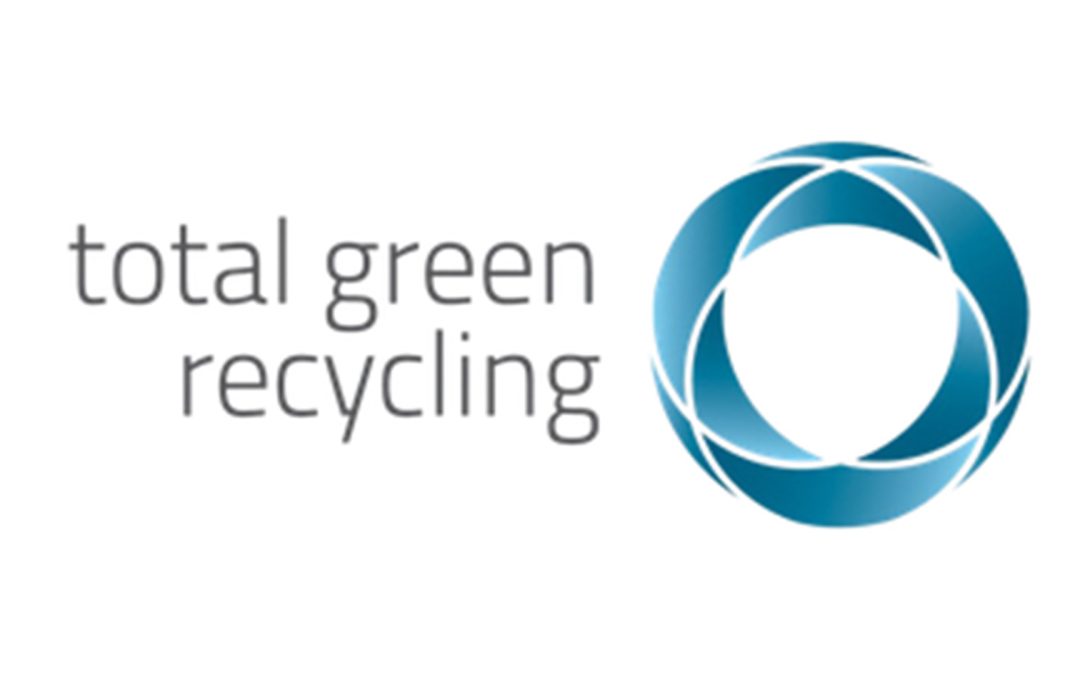 In an unexpected decision the Australian Federal Court has overturned a lower court decision in favour of Epson.
In an unexpected decision the Australian Federal Court has overturned a lower court decision in favour of Epson.
In an unexpected decision the Australian Federal Court, on appeal, unanimously overturned a 2017 lower court decision in favour of Epson effectively blocking the importation and sale of reused Epson cartridges.
The principal findings were that there are material differences between ‘exhaustion’ and ‘implied licence’ doctrines and the Court proceeded on the footing that the ‘exhaustion of rights’ doctrine does not apply in Australia. However, Calidad has reserved the right to appeal this point to the High Court.
Even a relatively minor modification may take a product outside the scope of the implied licence. For instance, in the reuse process, Ninestar made a hole in the cartridge to fill them with ink and then resealing the cartridge.
No right of repair – Calidad contended that the modified Epson cartridges a legitimate right to repair or refurbish the cartridge. The Court found this argument unconvincing, principally because the cartridges acquired by Ninestar were not worn or broken – rather, they had reached the end of their useful life as a consequence of their intended use.
In Australia, the implied licence doctrine is the ability of the patentee to impose restrictions on the use of a patented article. Epson argued that their cartridge gave rise to an ‘inherent restrictive condition’ preventing buyers from reusing their cartridges in the manner undertaken by Ninestar. At the earlier trial, the Judge rejected this argument on the basis that the features cited by Seiko amounted to digital attributes of its goods, rather than a notice of its relevant intention to Calidad. Justice Greenwood, on appeal, affirmed this decision.
The green consumer agenda
The case highlights some specific issues for remanufacturers and resellers in Australia. Firstly, the right of repair does not extend to an empty cartridge. Secondly, there is no patent exhaustion in the first sale. Thirdly it highlights that the current IP laws do not take into account an environmental perspective. Fourthly such judgements could give rise to a de facto dominant position by and IP holder and could negatively impact on consumers right to choose.
In June 2018 a Senate inquiry into Australia’s waste and recycling problem said there should be a national ban on single-use plastics within five years, in a report delivered to the federal government and described as a “national blueprint” for solving the crisis.
If governments are going to promote reuse and end single-use plastics successfully, then providing an environmental impact in the granting of patents and patent disputes would be essential.
Editor’s Opinion: Epson sustainability conflict?
In the Epson 2018 sustainability report Epson’s life cycle thinking is “an environmentally-conscious product as one for which environmental impacts are considered from product conception to mission completion; that is, at every phase of the life cycle, from design and manufacturing to transport, usage and recycling. Through the creation of eco-considerate products, we are cooperating with customers and business partners to expand our environmental impact mitigation efforts beyond Epson’s doors.”
Yet one of the foundations of sustainability are the reduce, reuse and recycle. Epson is leapfrogging reuse and focusing on produce and recycle and using IP litigation to exclude reuse.




















